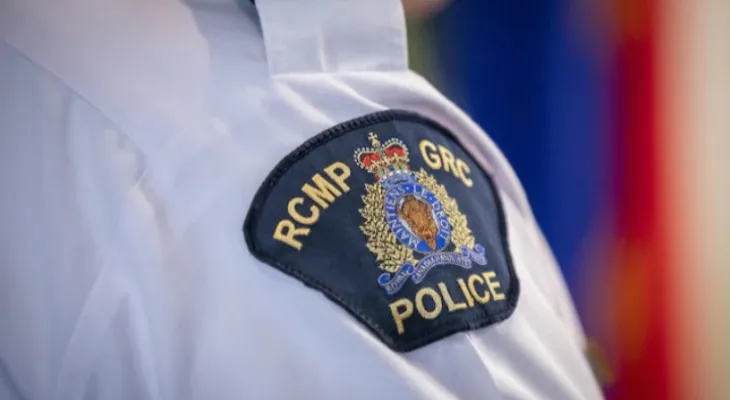Search here
Newspaper
Search here

Arab Canada News
News

Published: January 10, 2024
The Royal Canadian Mounted Police (the federal police) announced the launch of a pilot project to collect data on ethnic affiliation during its interventions. The aim of the project is to provide better service to marginalized groups.
The police will start implementing this pilot project this January in Whitehorse, the capital of the Yukon Territory, in the Wood Buffalo area in Alberta, and in the city of Thompson in Manitoba.
The police will then apply the project in the provinces of British Columbia and Nova Scotia.
"The initiative aims to collect, analyze, and report data related to race in order to enhance understanding of the experiences of Indigenous peoples, Black people, and ethnic minorities in their interactions with front-line police officers," the Royal Canadian Mounted Police wrote in a press release issued today.
The police also explained that they want to identify differences in their work outcomes in Indigenous, Black, and ethnic minority communities and better understand the nature of systemic racism, its prevalence, and the extent of its impact on the safety of these communities.
"The launch of the collection of racial data is an important turning point for our institution, which aspires to be more modern and more inclusive. It is not about pointing fingers at anyone, but about improving our policies, practices, and training to better support our staff," confirmed the Commissioner of the Royal Canadian Mounted Police, Mike Duheme.
The Royal Canadian Mounted Police said it will collect data for a year before publishing the results in the form of a summary after appropriately removing the names of the individuals involved so that they cannot be identified.
It is noted that the officers of the Toronto Municipal Police Service, Canada's largest city, have been obligated since January 2020 to report ethnic affiliation data in certain interventions.
In Halifax, the capital of Nova Scotia, the police have been collecting ethnic affiliation data for years.
In 2017, after an investigation conducted by the "CBC" news network, part of this data was revealed to the public, showing that Black people were 3.1 times more likely to be stopped by the police compared to the rest of the population.
Comments